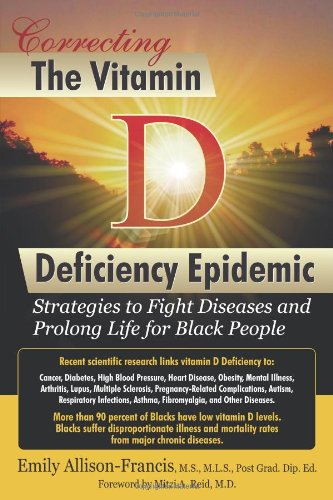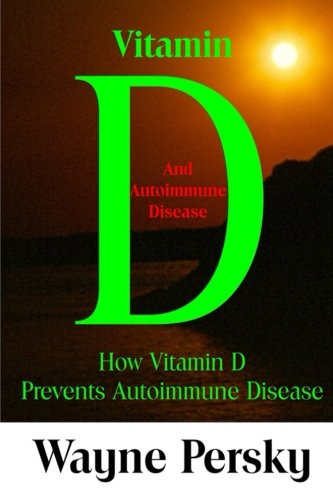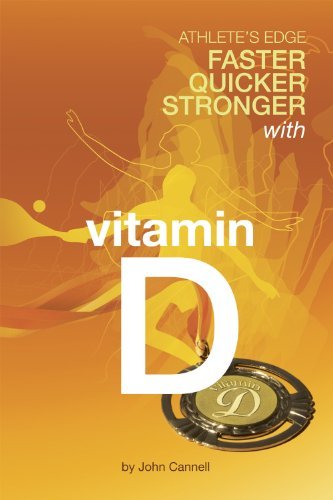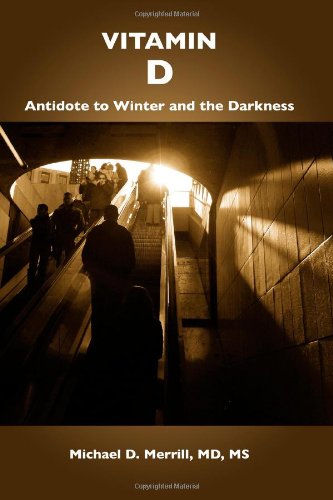Did the Dental Profession Just Admit
So the makers of non-fluoride toothpaste have so riled the dental profession that it was forced to make a statement. The news headline said: “Toothpaste WITHOUT fluoride: Dentists urge people to stop ‘ridiculous’ trend as they warn ‘brushing alone is note enough’.â€
Uh, say again? We’re wasting our time brushing our teeth with non-fluoride toothpaste if we want to prevent cavities? (Toothbrushing has some obvious effect in reducing plaque and maybe even restoring whiteness.)
So before you stop brushing your teeth altogether the precise wording of a recent study that prompted this news headline is reprinted verbatim below. Here it is (from the journal Gerodontology:
Personal oral hygiene interventions failed to influence the incidence of dental caries despite meticulous deplaquing of teeth…. Personal oral hygiene in the absence of fluorides has failed to show a benefit in terms of reducing the incidence of dental caries.â€

Correcting the Vitamin…
Best Price: $13.28
Buy New $16.95
(as of 02:40 EDT – Details)
The same goes for flossing. Reviewers found children who underwent flossing by a professional hygienist every weekday reduced their risk for cavities by 40% but those who flossed at home experienced no reduction. Flossing + toothbrushing only produces a small reduction in dental plaque.
Sunlight better than water fluoridation?
Severe dental caries (cavities) in preschool children are more related to low blood levels of vitamin D rather than lack of use of fluoride toothpaste or fluoridated drinking water. (Fluoride helps harden dental enamel and thus makes teeth resistant to acid-forming bacteria that induce cavities.)
One study reveals children with vitamin D blood levels below 50 nanomole per blood sample are at greater risk for dental decay. Â It is not surprising to learn vitamin D supplementation during pregnancy is associated with a reduction in dental decay in infants.
Even in the elderly, one study revealed 13% of individuals who took vitamin D supplements experienced tooth loss compared to 27% of non-supplementing adults.

Vitamin D and Autoimmu…
Buy New $8.95
(as of 02:40 EDT – Details)
These facts are troubling because a recent study reveals school-age children are spending just 7 hours a week outdoors getting sunlight that naturally produces vitamin D in their skin.
Adequate and optimal blood levels of vitamin D to reduce dental decay in children can only be achieved now by dietary supplementation.
A recent report indicates blood levels of vitamin D at or above 30-40 nanograms per blood sample should reduce dental caries by virtue of vitamin D’s ability to produce antibiotic action. That report laments the fact public health authorities promoted water fluoridation over vitamin D as a public health initiative to reduce dental decay.
Researcher William Grant of the SUNARC Foundations notes public health authorities have known since the Civil War that sunlight (vitamin D) is associated with a reduction in the risk for dental decay. Fewer men were rejected for the military draft due to lost teeth from Kentucky (8 per 1000) versus from New England (25 per 1000). Dr. Grant attributes a sunnier climate and higher natural vitamin D levels in sunnier southern areas to this finding.
Since 1938 it has been known that intake of vitamin D needs to be 800 IU (international units) or more to prevent dental decay.  The recommended daily amount of vitamin D for infants is just 400 IU and 600 IU for children age 1-13 years. Blood levels of vitamin D don’t significantly rise until 4000 IU/day are consumed.

Athleteu2019s Edge: Fa…
Best Price: $23.93
Buy New $19.95
(as of 07:40 EDT – Details)
Dr. Grant, writing in the journal Dermatoendocrinology, says: “It is unfortunate that water fluoridation, rather than promotion of sunlight and vitamin D fortification of food and the use of supplements, was adopted as the public health approach to reducing dental caries in the United States and elsewhere.â€
A world without dentists?
Another major assault against dental decay would be for food processors and home cooking mothers to cease use of added sugars to foods that feed the growth of acid-forming bacteria in the mouth that are primarily responsible for dental decay. In that regard, stevia leaf non-caloric sweeteners are considered to be “non-cariogenic†and would be a preferred form of sweetener for children whose taste buds are drawn to sweetened foods. A stevia-based mouth rinse may even be superior to fluoride mouth rinses.

Vitamin D: Antidote to…
Best Price: $3.99
Buy New $2.73
(as of 02:40 EDT – Details)
A drawback of stevia-based sweeteners is a licorice-like after taste that has recently been overcome by production of a molecular form of stevia (Reb M) that has a clean sweet taste like cane sugar (sucrose) without the calories.
A note of precaution: a number of stevia-like synthetic Reb M non-caloric sweeteners are starting to hit store shelves but there is concern these “franken-sugars†are not derived from stevia leaf itself. Major food suppliers have teamed up to support the mass introduction of a non-GMO Reb M sweetener (Bestevia® by SweeGen) that starts with stevia leaf itself and utilizes a bioconversion process to produce Reb M. Its availability is predicted to disrupt the demand and use of cane sugar as well as high fructose corn sugar, the sugar that triggered the global diabesity epidemic.
